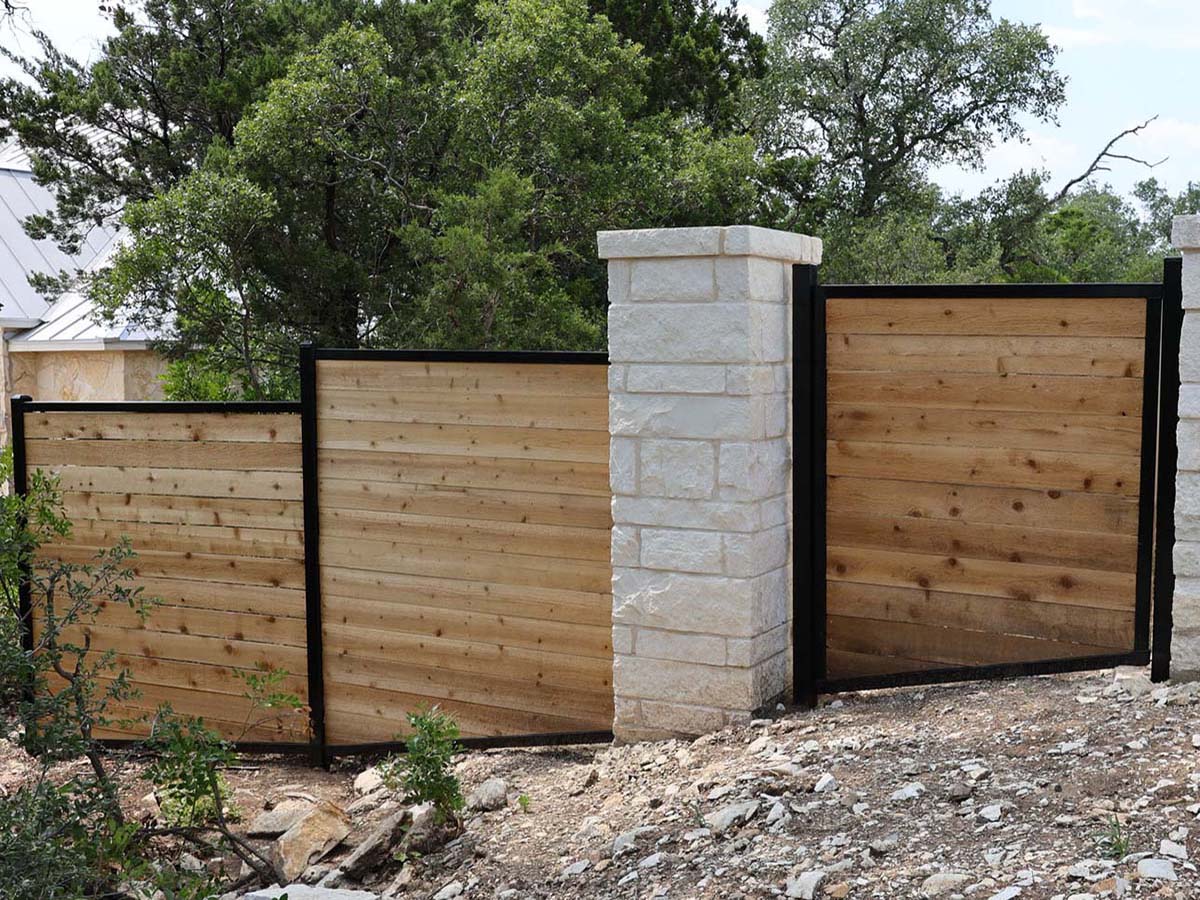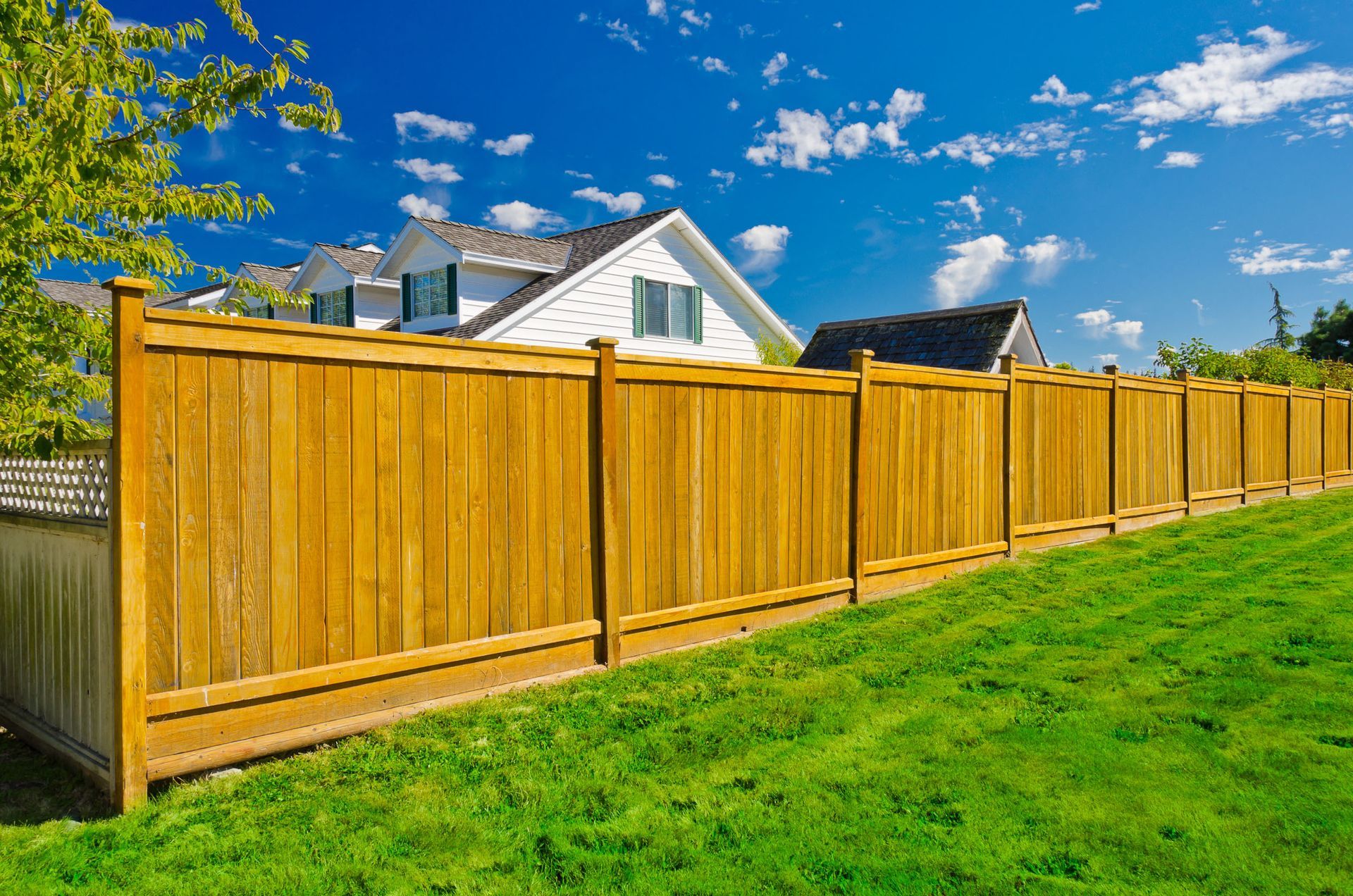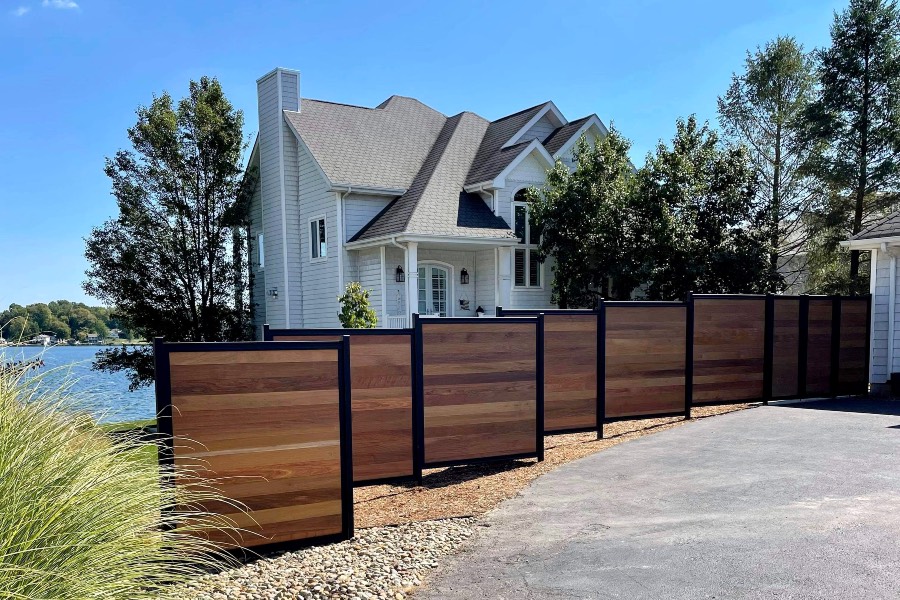All Categories
Featured

When intending a brand-new fence for your residential property, it's easy to concentrate on the standard expenses-- products, installment, and labor. Right here's a guide to some of the most usual hidden costs to think about when budgeting for your fence task.
- Allow Fees and Legal Needs. Prior to you begin digging, it is necessary to check if your location requires a license to install a fencing. Lots of districts have zoning laws that regulate fence product, height, and placement, particularly if you're developing near a home line or in an area with a Homeowners' Organization (HOA) These laws make certain the fence fulfills neighborhood criteria, but they also include linked costs.
Price range: $50 to $500, depending on your location and the intricacy of your project. 2. Fencing Elimination and Disposal. If you're replacing an existing fence, removal and disposal of the old framework is an extra cost that can conveniently be overlooked. Fence elimination commonly entails dismantling the old fence, hauling away the products, and taking care of them appropriately. Disposal charges can vary, particularly if the old materials need unique handling, such as treated wood or steel.

Price array: $2 to $10 per linear foot for elimination and disposal, depending on the materials. 3. Land Preparation and Excavation. If the land where your fence is being installed is uneven, rocky, or covered in plant life, it may require to be removed or leveled. Grading or excavation prices can add to your overall project expenditures, especially if you're installing messages in hard-to-dig soil.
Expense variety: $300 to $2,000, depending upon the website's problem. 4. Utility Line Recognition and Modifications. Prior to excavating, it's crucial to guarantee that no below ground utilities, like water, gas, or electric lines, will be interrupted throughout the installation. A lot of specialists will certainly call energy business to note these lines, but there might be added expenses if modifications are needed to avoid damaging existing framework.
Price variety: $100 to $500, depending upon whether adjustments are needed. 5. Custom Features and Upgrades. While your basic fence might contain standard products, you could want to include customized attributes like gates, attractive panels, or integrated lighting. Automatic entrances or safety and security systems are particularly costly and require expert setup. Including these bonus boosts the total cost of your fence, so see to it to factor them right into your budget.

Price variety: $100 to $1,500+ for features or gateways, depending on size and intricacy. 6. Distribution and Transport Expenses. Depending on where your products are sourced, you might be charged a separate distribution fee for moving the fencing products to your residential property. This is particularly common with big or hefty orders, such as timber panels or steel fence. Shipment expenses can also vary based on the distance between the provider and your location.
Cost range: $50 to $300 for distribution, relying on range and the amount of products. 7. Upkeep Costs With Time. Many types of fencings, specifically timber fences, require recurring maintenance to remain in excellent condition. Normal jobs like discoloration, sealing, and cleaning will certainly help extend the life of your fence. Some materials, such as vinyl or steel, may be extra low-maintenance yet can still incur costs for repair services or substitutes if damaged.
Annual price range: $50 to $300 for maintenance, relying on material and environment. 8. Weather condition Hold-ups. Mother Nature does not constantly accept your timeline. If your setup is postponed by bad weather, such as rainfall or severe warm, you may encounter additional labor prices if workers require to return to finish the project at a later time. Delays can likewise prolong the project timeline, pressing back when the fencing is all set for use.
Price range: Variable, depending upon how much time the delay lasts. 9. Home Line Disputes. Mounting a fence close to your property line can in some cases lead to conflicts with next-door neighbors. If your boundary is uncertain, it might be required to employ an expert land surveyor to verify the residential property line prior to installation. This extra action ensures you won't inadvertently elbow in on your next-door neighbor's land, but it includes included prices.
Cost array: $400 to $1,000 for a property study, depending upon your place. 10. Soil and Ground Conditions. Certain dirt types can offer challenges throughout installment. If your home has rocky, compacted, or clay-based soil, excavating openings for articles can be far more hard, calling for specific tools or more time to complete. Harder ground problems might likewise demand making use of various other or concrete reinforcing materials for included stability.
Expense range: $100 to $500 for tools or additional labor. Final thought. When budgeting for a brand-new fence, it is essential to bear in mind that the first cost might not be the only expense you'll come across. Permits, website prep work, old fencing elimination, utility modifications, and customized attributes can all add up. In addition, ongoing maintenance and the possibility of weather condition delays or home line issues ought to be considered when approximating your complete budget. By accounting for these concealed expenses, you can guarantee that your secure fencing job remains within budget plan and is finished without unforeseen economic surprises.
Latest Posts
Uncover Outstanding Auto Repair Solutions in Chicago – Expert Care for Your Vehicle
Published Jun 01, 25
1 min read
Explore Top Vehicle Maintenance Solutions at Montclare Auto Repair – Quality Service Today
Published May 31, 25
1 min read
Learn How to Reduce Expenses on Car Maintenance with Montclare Auto Repair’s Exclusive Deals
Published May 24, 25
1 min read
More
Latest Posts
Uncover Outstanding Auto Repair Solutions in Chicago – Expert Care for Your Vehicle
Published Jun 01, 25
1 min read
Explore Top Vehicle Maintenance Solutions at Montclare Auto Repair – Quality Service Today
Published May 31, 25
1 min read
Learn How to Reduce Expenses on Car Maintenance with Montclare Auto Repair’s Exclusive Deals
Published May 24, 25
1 min read